One of the best things about Phuket is its food culture. For visitors who think they know Southern Thai cuisine by sampling Thai classics and street food snacks at the beach, it is time to be schooled local style: fresh seafood, strong fiery spices, pungent fermented flavours, farm-to-table crunchy vegetables, and slow-cooked stewed meats.
Perhaps the least well-known and understood of Thailand’s regional cuisine, Southern Thai food is characterised by its spice and sharpness. Its curries and flavour profiles are the most powerful, which combines the lit heat of various chillies with piquant sour notes of tamarind.
Just like the North, Southern Thai cuisine has been heavily influenced by the culinary preferences of its neighbours, particularly Malaysia and Indonesia. Cultural influences are reflected in preparation, taste and presentation. Phuket’s cuisine and local food (so-called ‘Baba Peranakan’ food) is the combination of many cultural food habits, whether they be Chinese, Malay or Thai. Some Phuket local food tastes sweet; such as, Chinese Hakka cuisine, but it can also be highly spiced like in either Thai or Malay cuisine.
A large Muslim populace and tasty halal food, along with a plethora of fishing fleets, influence Southern Thai cuisine. It is based heavily around seafood, meats and the use of lots of lemongrass, tamarind and kaffir lime leaf for flavouring. Staples include Kaeng Tai Pla (fermented fish curry), Kaeng Som Pla (hot and sour fish soup), and Kua Kling (dry fried meat curry). Massaman, a stewed curry of meat and potatoes, is another important signature dish.
Phuket’s food culture is woven into the tapestry of traditional local daily life, which is based around hearty meals shared with the family.
Full story: tatnews.org
Tourism Authority of Thailand







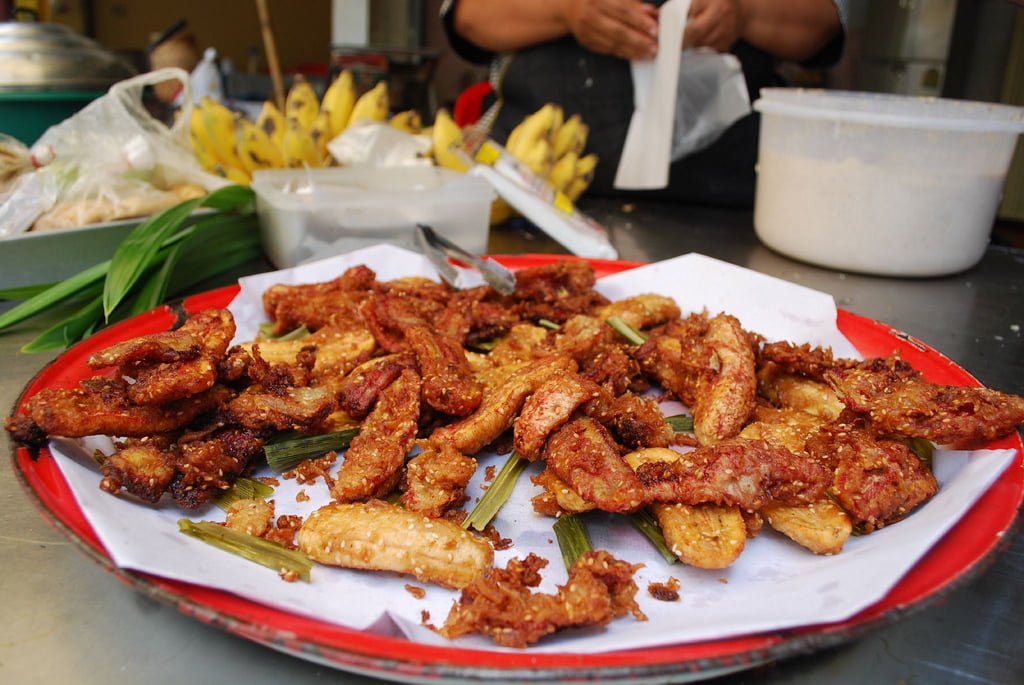





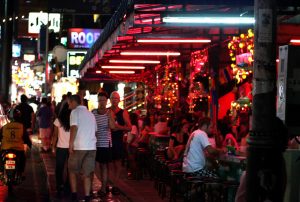


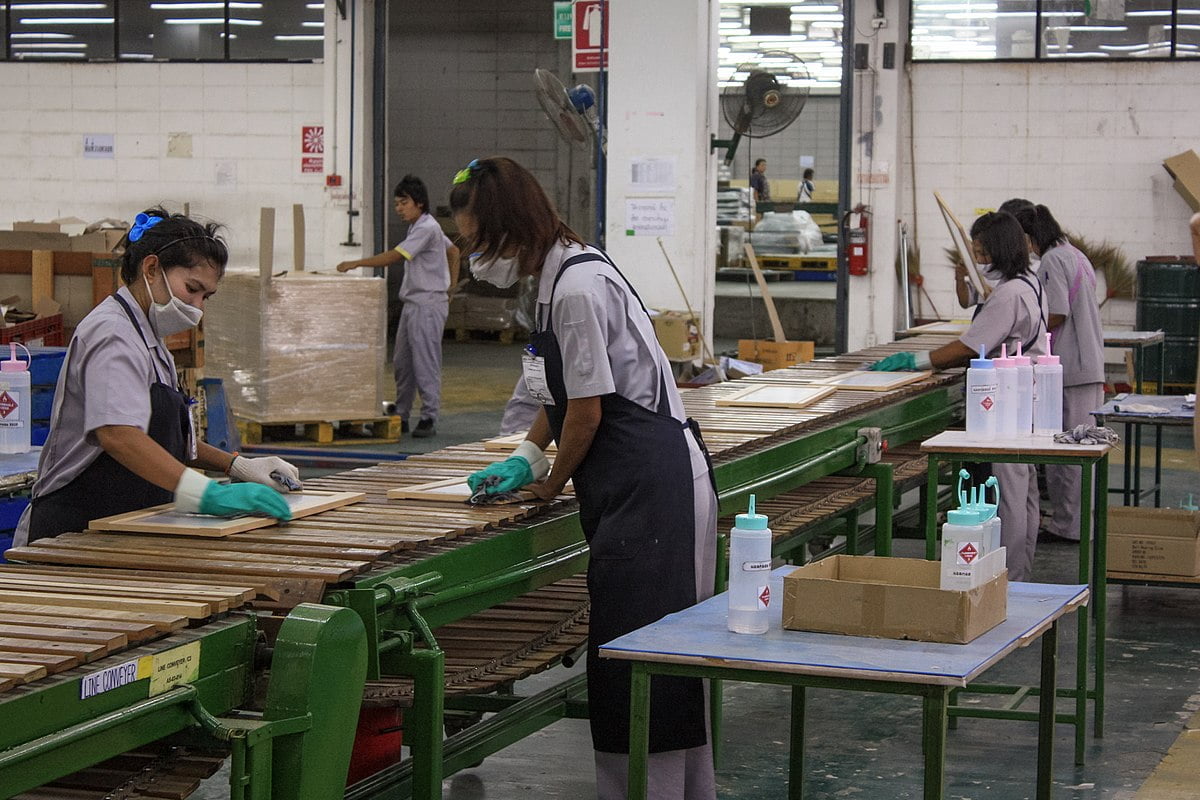
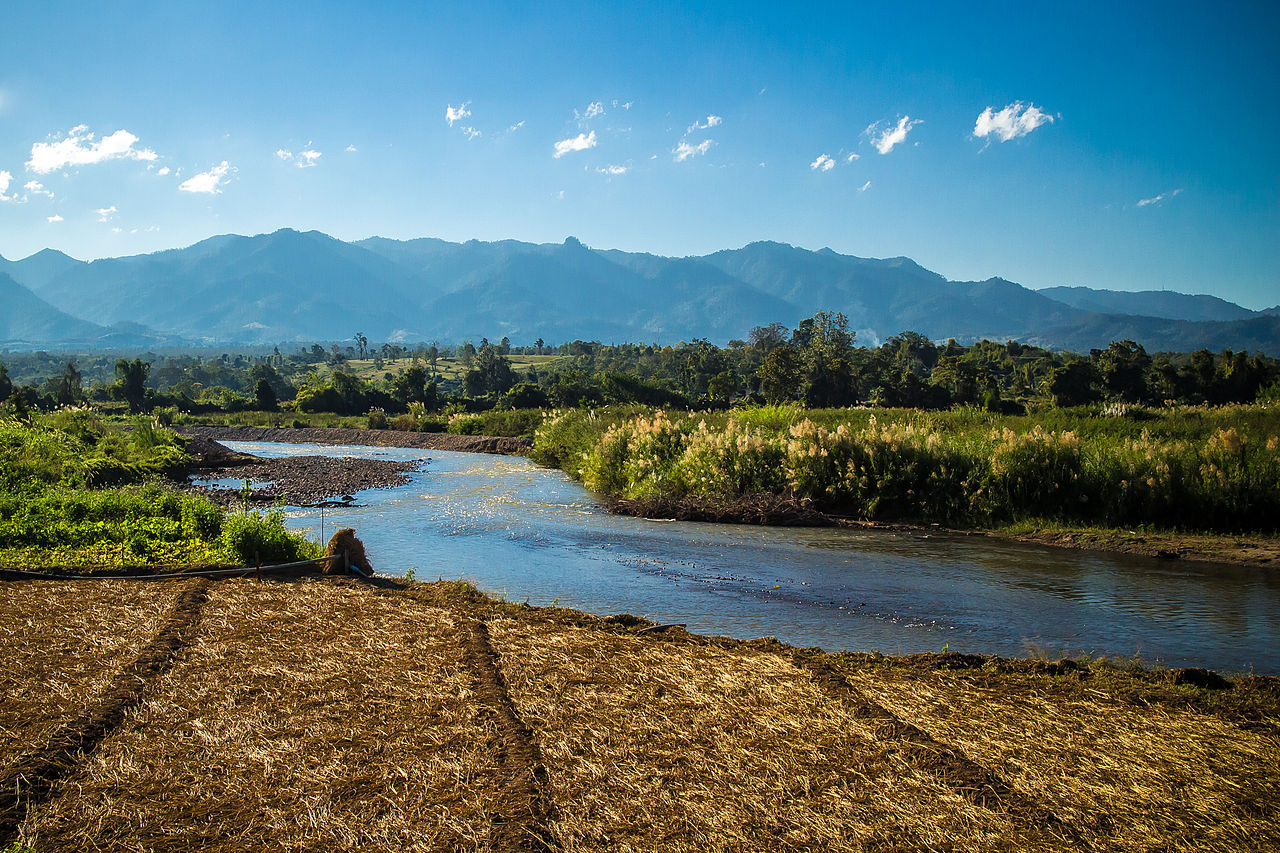
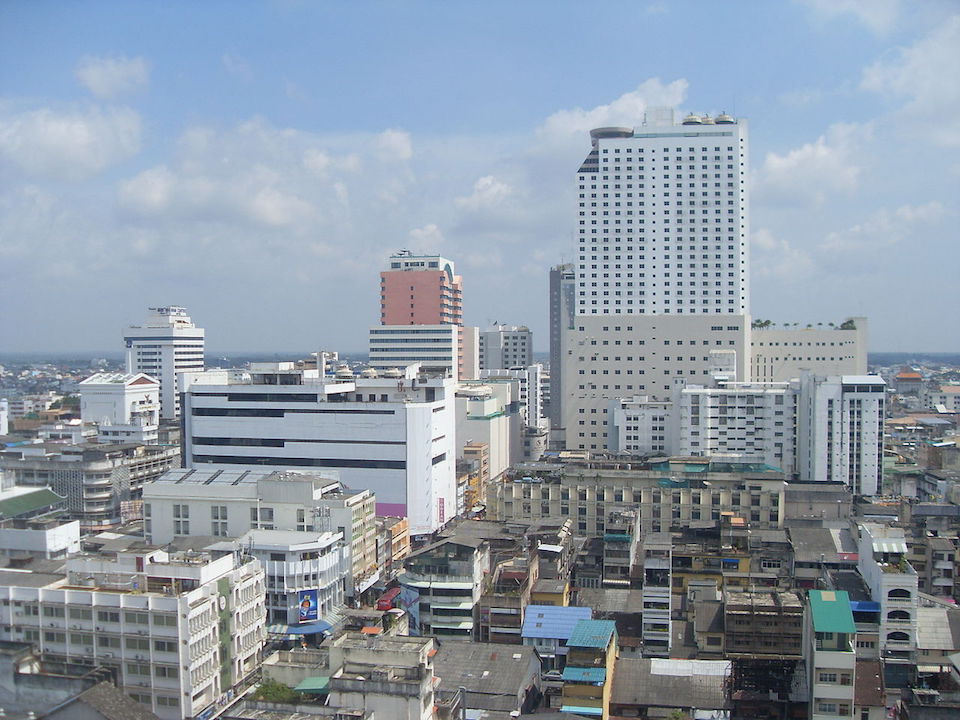



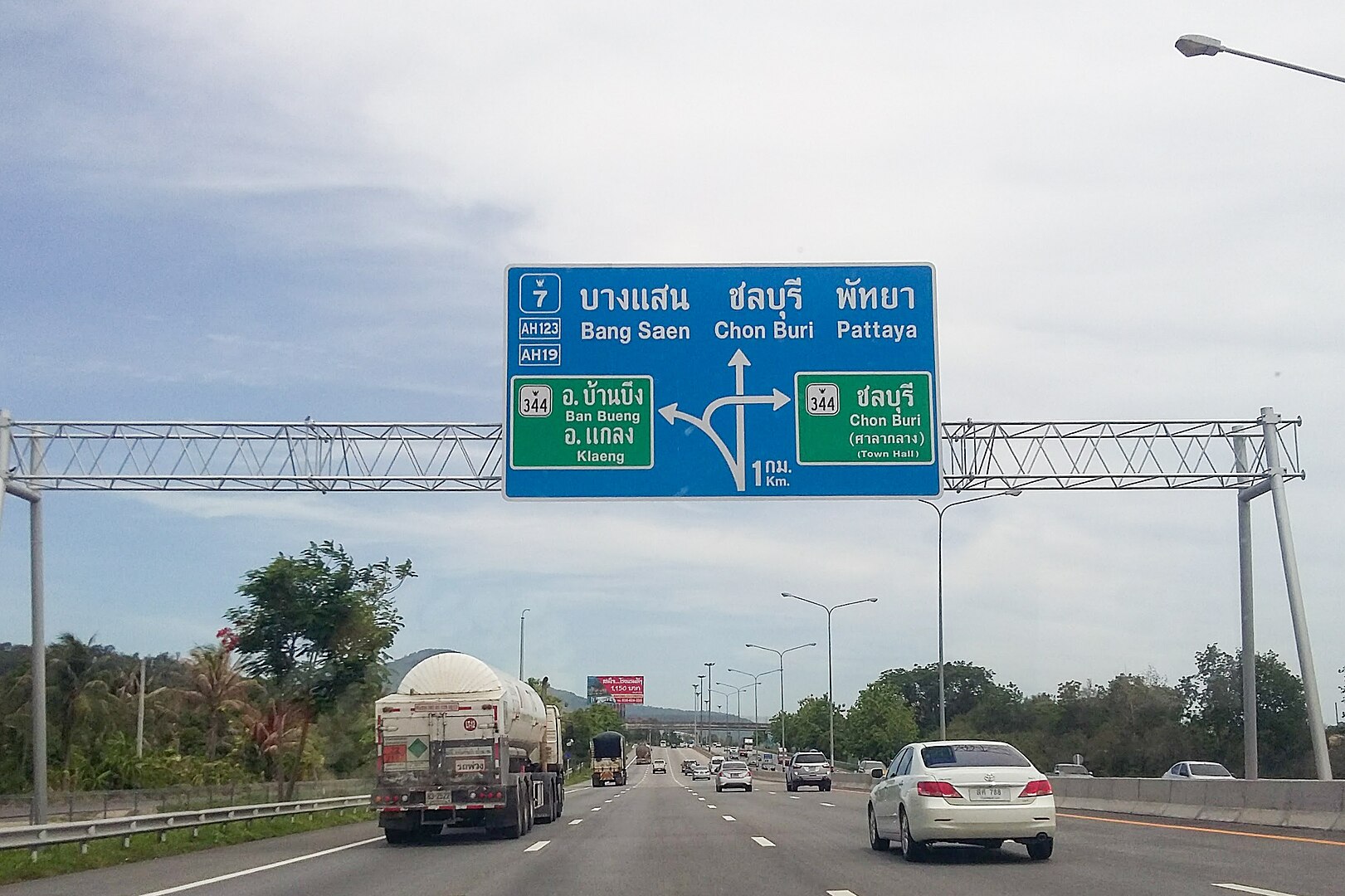
+ There are no comments
Add yours